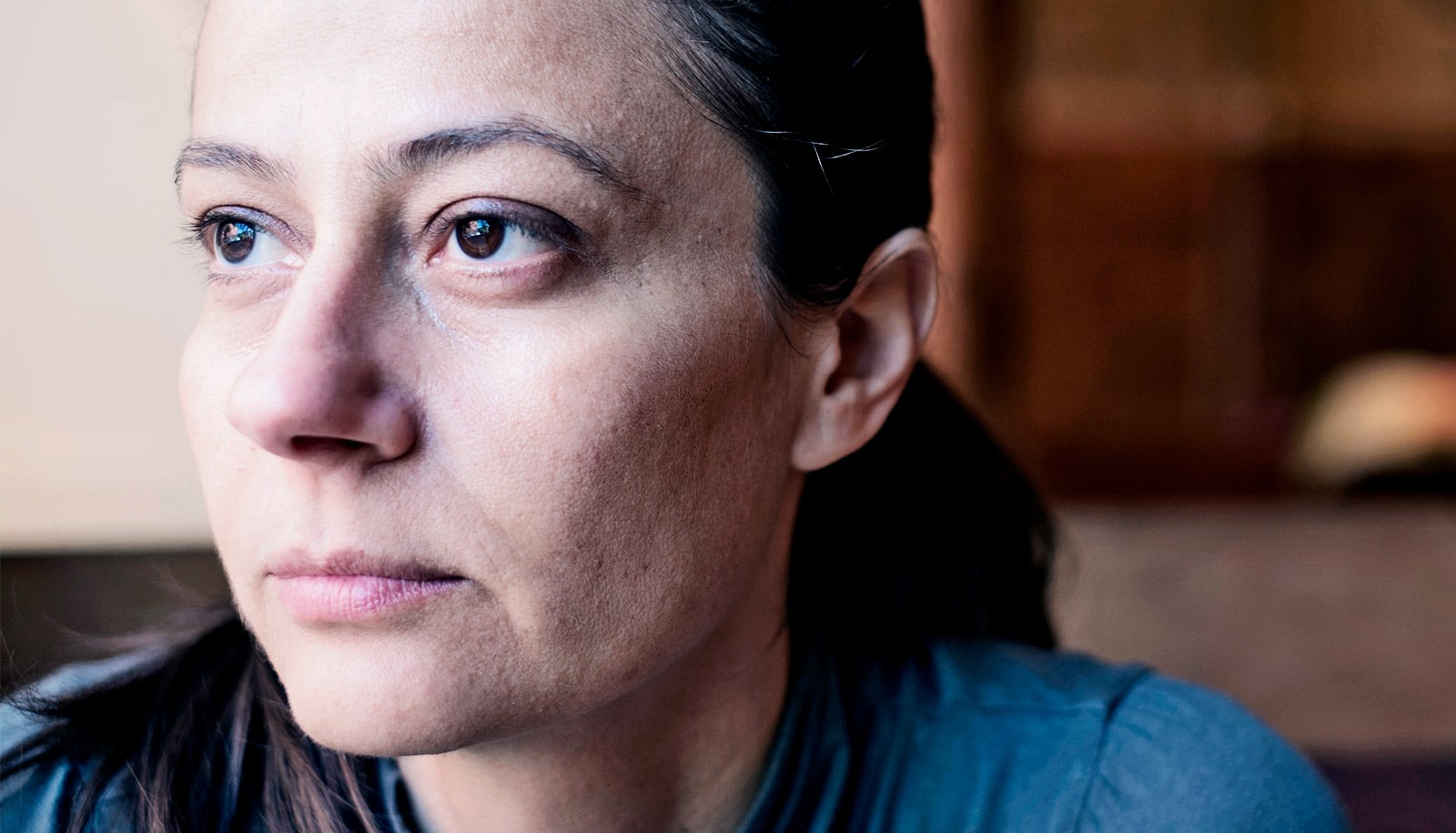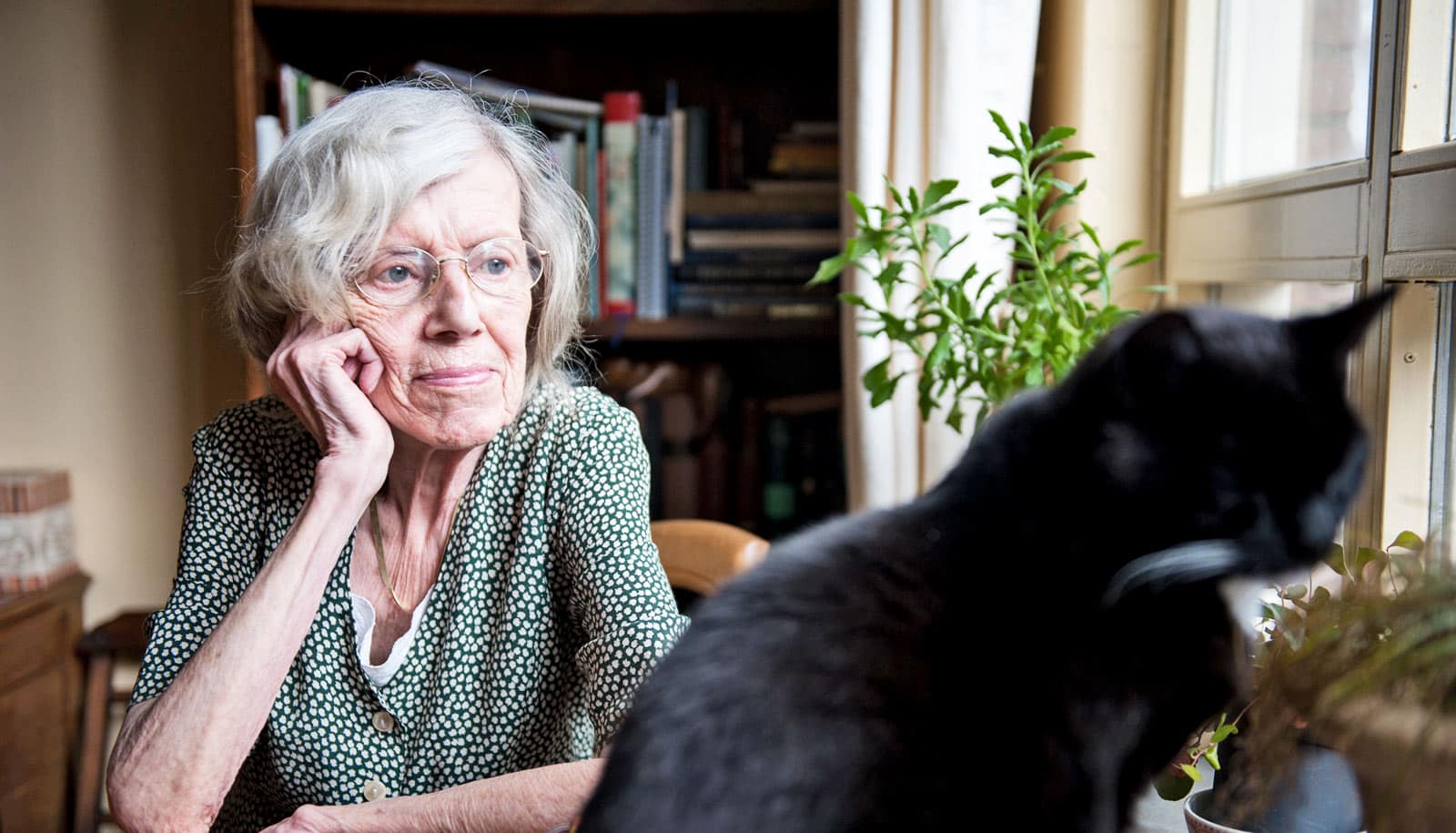Researchers have identified a specific gene involved in the cancer stem cell (CSC) population process of triple-negative breast cancer.
Blocking the gene’s action improves tumor response to chemotherapy, according to a new study in Cell Death & Disease. The findings illustrate a potential new way to treat incurable triple-negative breast cancer.
Triple-negative breast cancer is the most aggressive subtype of the disease, and people who have it often end up with tumor recurrence and metastatic disease despite receiving standard forms of chemotherapy.
What makes treating treating triple-negative breast cancer problematic is that the tissue making up this form of the disease harbors enriched CSC populations in tumors. Current chemotherapies to treat triple-negative breast cancer kill the cancer but spare much of the CSC populations, which trigger recurrence.
Unlike other forms of breast cancer, hormonal or antibody therapies are not effective against triple-negative breast cancer when tumors recur.
“We identified a core molecular pathway that controls CSC activity and a key gene in that process called USP2,” says Lori Chan, assistant professor in the pharmacological sciences department in the Renaissance School of Medicine at Stony Brook University.
“USP2 is an essential gene that upregulates CSCs in triple-negative breast cancer. We used a genetic approach to block the action of USP2, and by doing that discovered this eliminates the CSC population and re-sensitizes the tumor response to chemotherapy.”
Therefore, blocking this gene reduces, or even eliminates, chemotherapy resistance, which potentially offers a curative way to treat the disease, she says.
Additional coauthors are from Stony Brook and Columbia University. The National Institutes of Health, the New York State Department of Health, the Susan G. Komen Breast Cancer Foundation, and the Carol M. Baldwin Breast Cancer Research Fund supported the work.
Source: Stony Brook University



